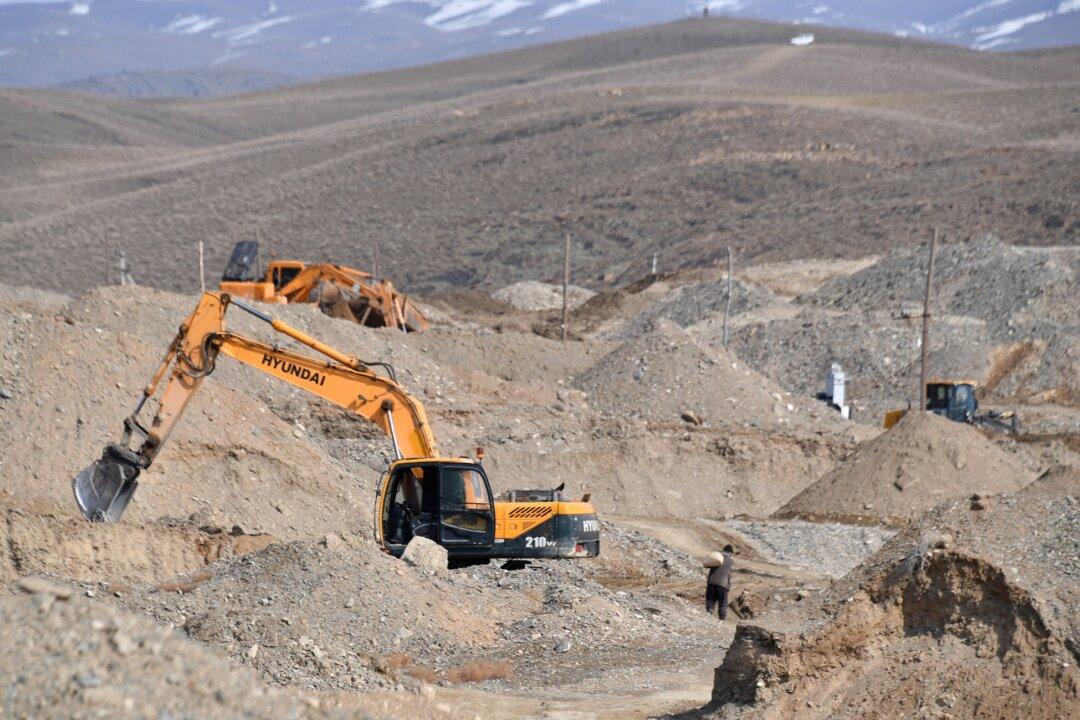Federal agencies failed to properly consider all harms associated with a planned new gold mine in Alaska, a federal judge ruled on Sept. 30.
The U.S. Army Corps of Engineers and the Bureau of Land Management violated state and federal law by failing to consider the impact of a major spill of tailings, or byproduct from gold extraction that contains chemicals like arsenic, U.S. District Judge Sharon Gleason said in her 36-page decision.





